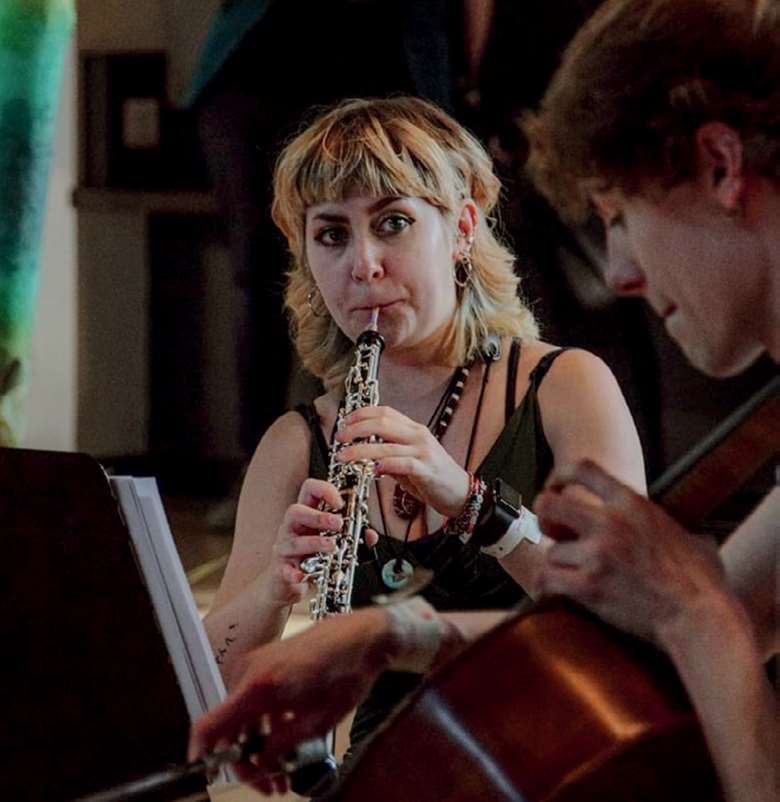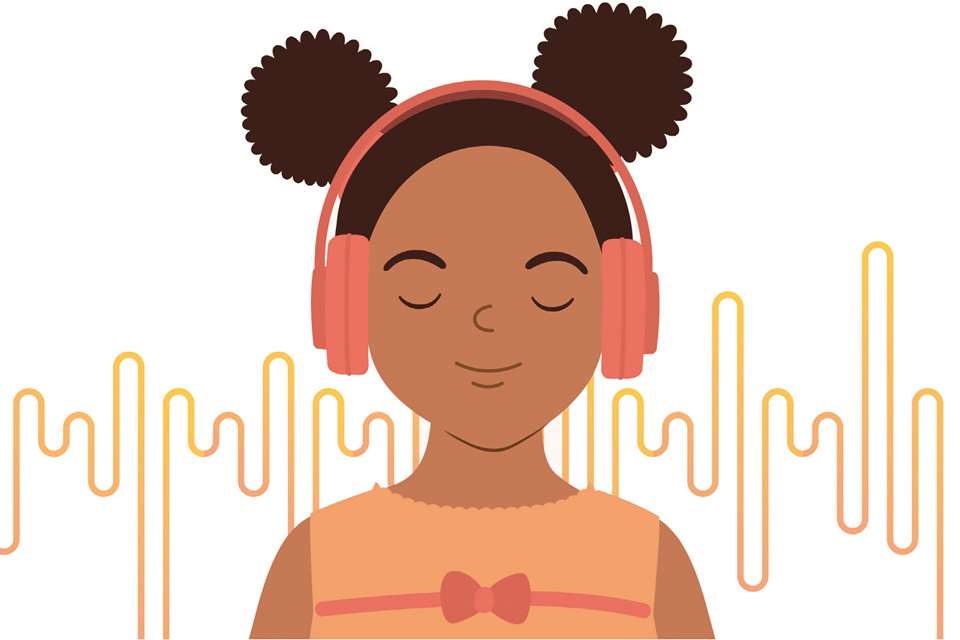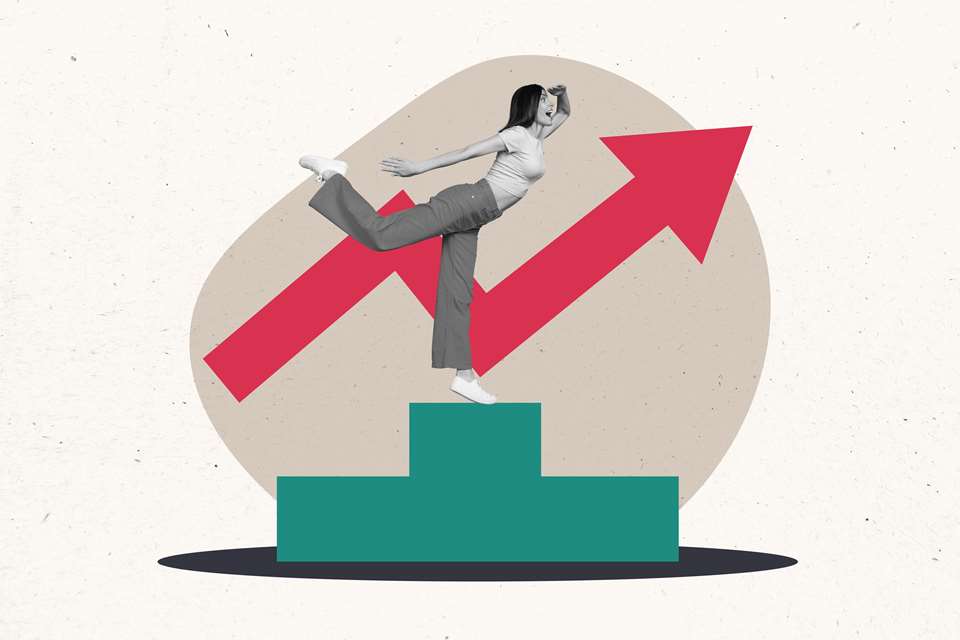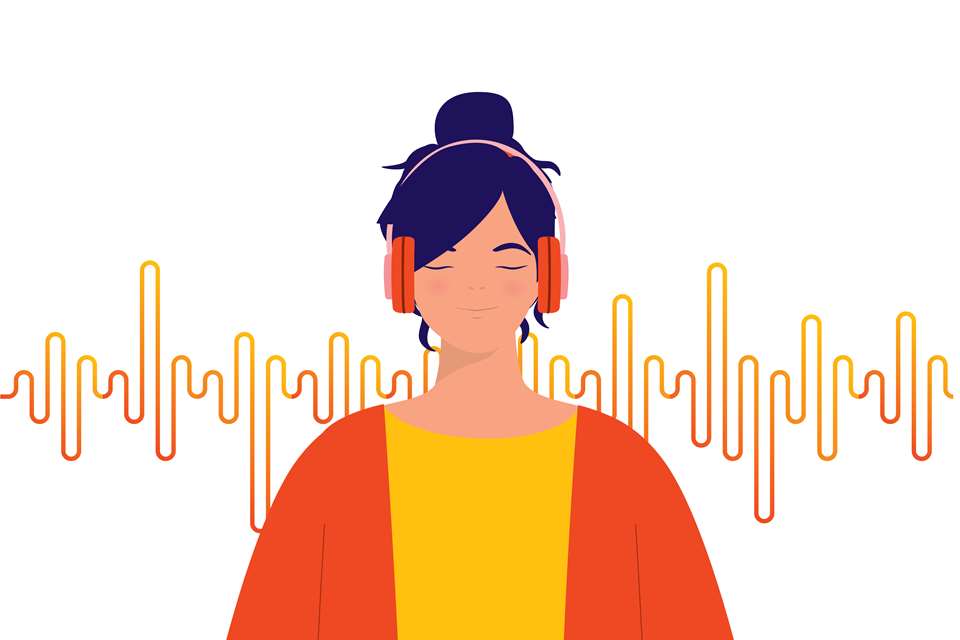Mental health and wellbeing column: Music and BPD
Ella Pearson
Friday, September 1, 2023
At RWCMD, Ella Pearson is both vice-president (welfare) of the SU and a postgraduate student. Here, she describes performing and managing the symptoms of Borderline Personality Disorder.

Hannah Tottle
When I was diagnosed with Borderline Personality Disorder (BPD), at 18 years old, it wasn't a shock: I’d struggled with mental health diffculties since I was 13 and was aware that it was probably BPD. But what did take me by surprise was the learning curve I was about to embark on.
BPD is a mental health condition that affects all aspects of my life. According to the NHS, it is characterised by intense and unpredictable moods, unstable relationships, impulsive behaviour, and disturbances in perception or thinking – which amounts to a lot.
Now 23, I have a better understanding of myself, my condition, and the way it is intertwined with everyday life. After graduating from the Royal Welsh College of Music & Drama (2022), I am now entering the second year of a Master's course in Cor Anglais and Oboe performance.
Here are the main ways in which BPD presents itself in my musicianship.
Emotional Dysregulation
This is the most prominent symptom of my illness. It causes frequent and extreme oscillations in mood; in other words, my highs are atmospheric, my lows are bedrock deep. There's rarely any middle ground. Imagine you have a bad rehearsal, involving a couple of wrong notes, questionable intonation, or just not being in the right mood. Suddenly, it feels like your life has come to an end, as if this one rehearsal is career defining. With this comes a cocktail of negative emotions, except it's not one glass but a fishbowl, and you're expected to drink it all by yourself! I discovered that musicians with BPD become more emotional and self-deprecating when their perception of their musical competency is in decline – it's what I call my ‘end-of-the-world’ mindset.
Splitting
This phenomena is something I discovered recently but now seems obvious within myself. Splitting refers to the black-and-white thinking of BPD: something is either all good or all bad, with no room for grey, in-between, areas. If I make a mistake in a rehearsal, there's a strong likelihood I’ll be triggered into splitting. I've lost track of the number of times I've threatened to drop out of my course or had a sobbing breakdown after one (slightly) subpar performance. Alternatively, I can be feeling particularly good about my playing and the split goes the other way: I become obsessed with my musical career.
Not only can this be the wildest, most twisting rollercoaster ride possible, it makes it tricky to understand where my true interests lie. One day I am obsessing over my oboe and an orchestral career; the next, I am practising my Grammy award-winner's speech after creating a single masterful drumbeat on Logic. Nowadays, when someone asks what I want to do after my Master's, I respond (in true ‘60s hippie fashion) ‘I'm just gonna go with the flow’.
The bright side
Not everything is doom and gloom. Being so deeply in touch with my emotions results in a powerful, profound connection with the sentiment of music. I think of this as BPD's gift for all the awful times it puts you through. When you latch onto the emotions of playing, it's like musical enlightenment. Your whole being is absorbed into that passage, and autopilot takes over the physical playing side: you are consumed by affectivity.
I recently achieved this ‘musical enlightenment’ while playing in the College's production of Poulenc's opera Dialogues of the Carmelites, in which I left the safety of the onstage orchestra to play a solo from memory at the front of the stage. I cannot overstate the empowering sense of euphoria when you get to experience the pure joy of music in its most intense form. This makes up for all the terrible lows of BPD.
Coping toolkit
After 10 years’ experience of mental health difficulties, I have quite the catalogue of coping mechanisms. Importantly, I try not to take myself – or life – too seriously: I've learnt that nothing takes priority over my happiness and wellbeing.
To others, I say: take the time to get to know yourself – note your moods, triggers, and happy memories for when you feel lost. Stepping back and observing your life from an outsider's perspective is also crucial to rational reasoning.
Reaching out for help and talking about my illness as openly as possible has been vital to coping. The first leap to sharing my feelings was terrifying but so worth it. No matter how minor your issues appear to be, they are valid; and there is no reason to feel shame or guilt – you deserve support.
Charity MIND: bit.ly/3DqNiUj







